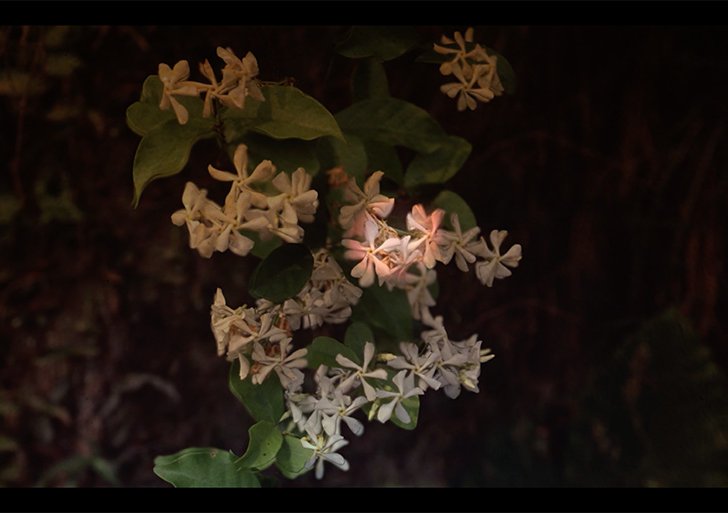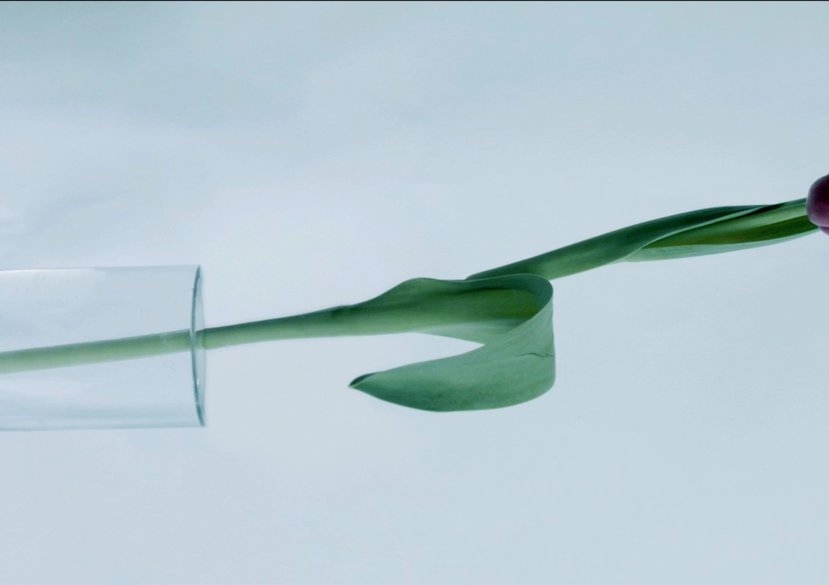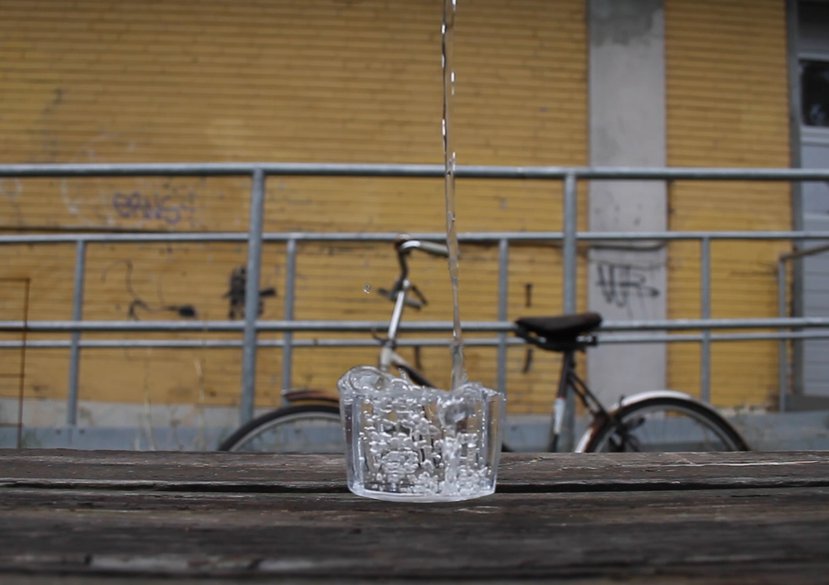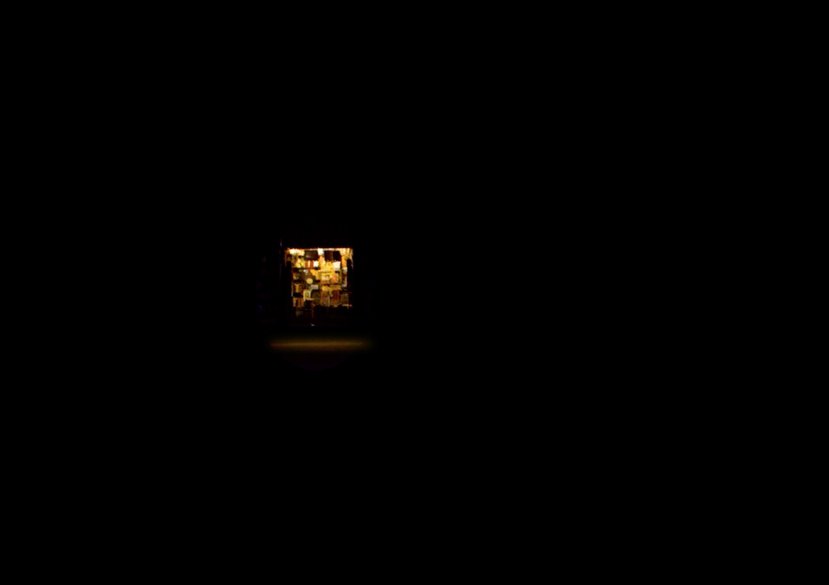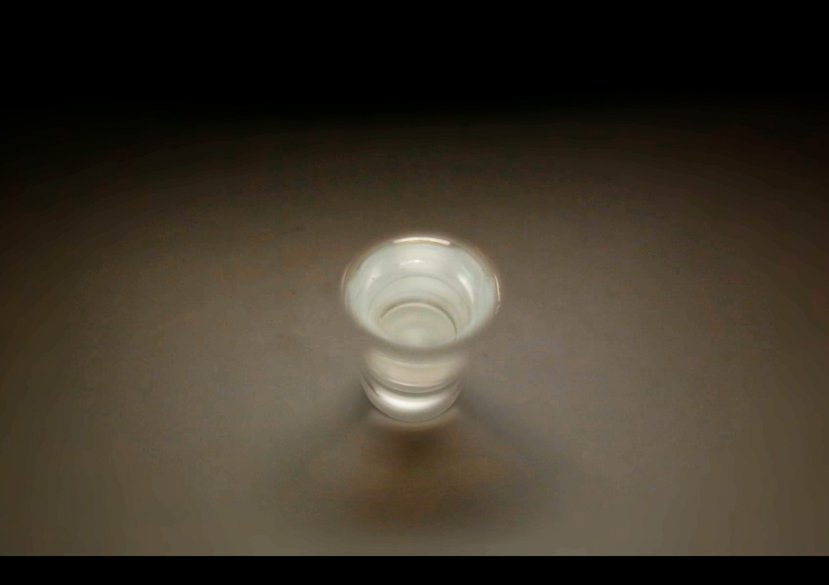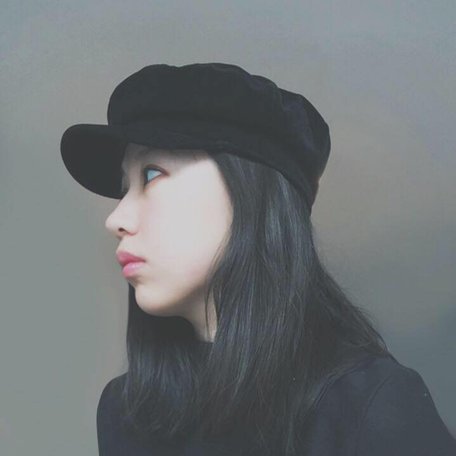
Translating Erasure: Proposing auto-theory as a practice for artistic enquiry and analysis while comprehending personal grief
Erasure as an artistic technique has developed in my moving image work after my father's passing. I export videos into sequences of thousands of images and erase outlines of the targeted objects in each frame. The repetitive and low conscious labour is a way to ease the agony and to grieve my father. Hours compressed into thousands of frames, turning into a glimpse of illusion and leaving a ghostly emptiness on the images. Both its visual presentation and making reflect the life events and encounters I've experienced in the UK and Taiwan in the past years.
I consider an artwork embodies interconnected relationships between one's personal impulses and artistic training. As an art student, I have found it challenging to describe such a creative process with conventional academic writing. Within a construct that inclines to present thoughts as reasonable and rational arguments, my personal experiences and the intensity of feeling seem out of place. Within an academic framework, how can I articulate the relationship between my artistic expression and my personal experience of grief, the fading memories of a loved one and the feeling of being removed from language and from the sense of belonging?
Through auto-theoretical approaches to writing and making of moving image work, my research aims to build a structure that can express both the intimate and intellectual aspects of an art practice. This writing up process interweaves my personal stories that motivate my artistic expression into art theories. The memories about my late father, my relationship with languages, and my lives between the UK and Taiwan meet with different artists' uses of erasure.
As the conversations between the introspections and theoretical analysis accumulate, my writing and moving image work unravel an art journey that encompasses the nuances and struggles I've experienced as an international student. Within the search for an ideal model to illustrate an art practice, this research further generates profound understandings of memory, grief, loss, language, conflicted identities and cultural belonging.
Key details
School, Centre or Area
Area of expertise
Supervisors
Personal links
Gallery
More about Aki Pao-Chen
Biography
Aki Pao-Chen Chiu was born in Taiwan, 1987. She is a PhD candidate in Fine Art at the Royal College of Art, where she completed her MA in 2017. Chiu received her BFA from the National Taiwan University of Fine Arts in 2009.
Chiu has exhibited internationally. Her works have been shortlisted for ARTAGON.III in 2017, and selected in the Newly Emerging Artists in Taiwan 3D Creation Series. She has also participated in public art projects such as Play on Street by JFAA.
Degrees
2017–present, Current PhD Fine Art, Royal College of Art, UK
2015–17, MA Sculpture, Royal College of Art, UK
2005–9, BA Fine Arts, National Taiwan University of Art, Taiwan
Awards
2017 Residency - World Wide Air, Fabrikken for Kunst og Design, Copenhagen, Denmark
2017 Shortlisted, ARTAGON.III
Exhibitions
2021 “RCA2021”, Royal College of Art, London, UK
2021 “Language”, Millepiani, Rome, Italy
2020 “36th Annual Open Exhibition”, Southwark Park Galleries, London, UK
2020 “Where I’m Coming From”, Guest Projects, London, UK
2019 “Video without Angle”, Ovolo Southside, Hong Kong
2018 “Video without Angle”, The Pier-2 Art Centre, Kaohsiung, Taiwan
2018 “CICA Experimental Film and Video 2018”, CICA Museum, Gimpo, South Korea
2018 “FLIGHT MODE”, Assembly Point Gallery, London, UK
2018 “Open Exhibition”, Royal Scottish Academy, Edinburgh, Scotland
2017 “Show 2017”, Royal College of Art, London, UK
2017 “Dimensions of Time”, Crypt Gallery, London, UK
2017 “Becoming”, Dyson Gallery, London, UK
2016 “Fine Art WIP Show”, Royal College of Art, London, UK
2010 “Play on Street 2010 by JFAA”, Taipei, Taiwan
2009 “Luohong”, Huashan 1914 Creative Park, Taipei, Taiwan
2008 “Exhibition of the Newly Emerging Artists in Taiwan 3D Creation Series”, Taichung City Seaport Art Center, Taichung, Taiwan
